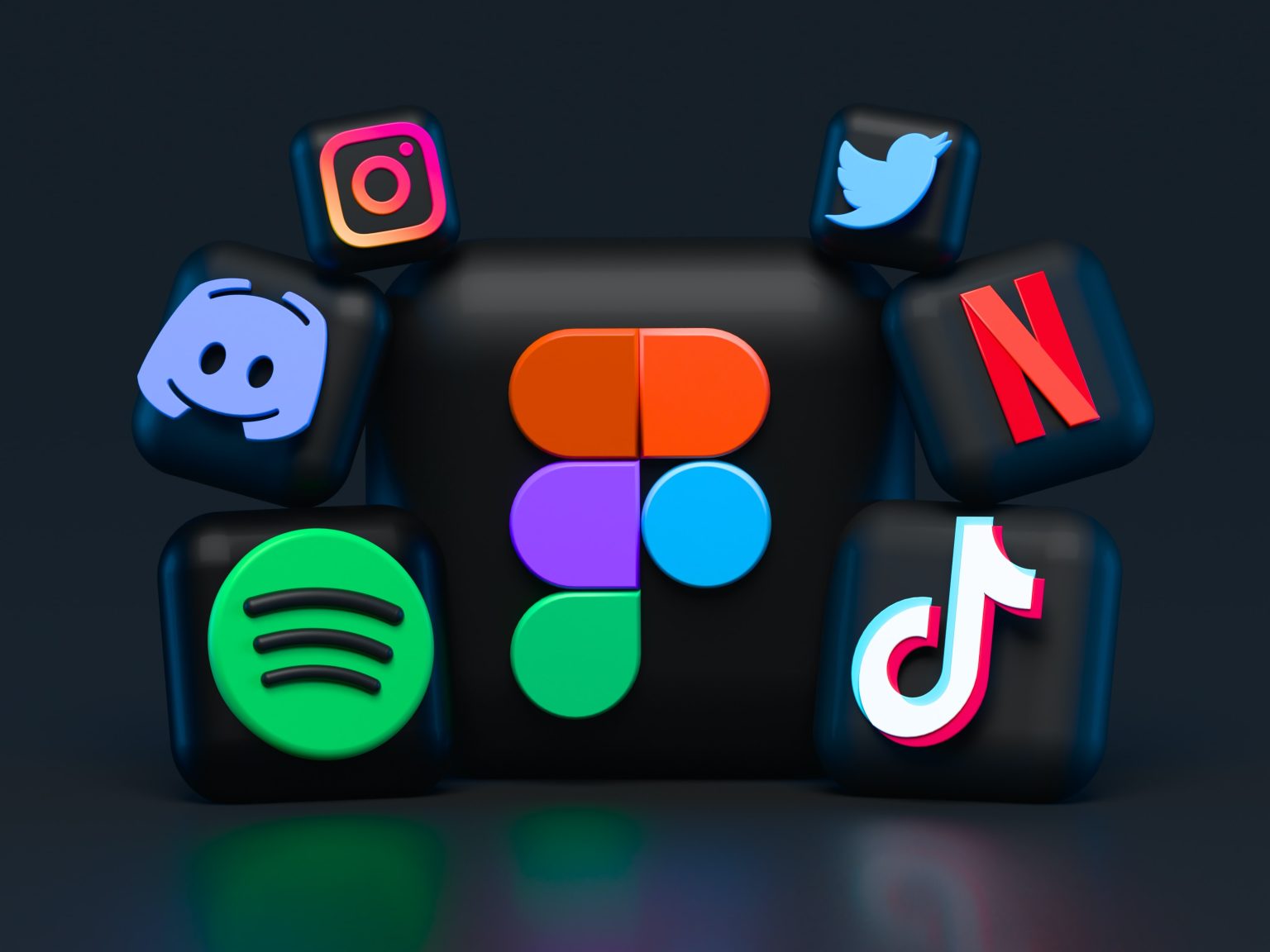The Struggle of Digital Balance: From Social Media Addictions to Witnessing Atrocities
Sep 17, 2023
ARTICLES

“You’ve reached the weekly deactivation limit for this Instagram account. Try again in 3 days.” This was a startling alert many have faced, a reminder of the inescapable grip of social media. With an average individual spending over 3 hours on their phone daily, and many picking up their phones up to 58 times daily, per Exploding Topics, it becomes paramount to analyze the profound impact of digital screens.
Beating The Phone Addiction
Overcoming the lure of constant notifications and posts can seem daunting. Yet, with the right strategy, technology can become an asset rather than an addiction. Here are some recommended steps:
1. Mute Notifications
Set the phone to silence or “personal” mode, especially after prolonged screen exposure.
Recognize the negatives of incessant social media scrolling which can lead to feelings of exclusion or inadequacy.
Make it a habit to ignore constant alerts to reduce the urge to constantly check the phone.
2. Keep the Bedroom Phone-Free
Checking phones before sleep can disturb rest due to the blue light emitted.
Enhance sleep quality by charging phones outside the bedroom.
3. Regulate App Usage
Use built-in features in smartphones to set time limits on app usage.
Review and act upon weekly screen time reports.
Set specific timers for apps that are particularly addictive.
4. Collaborative Goal Setting
Partner with someone to set and track technology usage goals.
Shared milestones increase accountability and make objectives more achievable.
Digital Witnesses: The Rise of Online Human Rights Researchers
In March 2021, UC Berkeley’s Investigations Lab members met via Zoom, each engrossed in documenting atrocities in Myanmar from online sources. This growing community of digital detectives sifts through internet data, searching for potential evidence of human rights breaches.
The Investigations Lab, founded at the Human Rights Center on the UC Berkeley campus in 2016, aimed to train students in this unique skill. While aiding journalists and rights workers, the Lab also equips the next generation with essential digital research skills.
The Emotional Toll of Online Exposure
Diving deep into the digital world, especially for evidence of war crimes or atrocities, can be mentally exhausting. Secondary trauma, or the distress arising from witnessing others’ suffering, is real. UC Berkeley’s Lab prioritizes scientific methods to protect its students from such trauma and also shares this knowledge with the wider public.
With the proliferation of smart devices, explicit and distressing content is more accessible than ever. Scrolling through social media, one might encounter distressing scenes from global events, even while performing mundane tasks like making breakfast.
Strategies to Mitigate Online Trauma
Adopting protective online habits can shield us from the emotional impact of such exposure. Here are some:
1. Purposeful Engagement
Engage with content deliberately, understanding your purpose. Being proactive reduces feelings of anxiety and hopelessness. The Greater Good Science Center at UC Berkeley underscores the significance of meaningful engagement.
2. Share and Discuss
Discussing online experiences with peers can be therapeutic. It not only provides emotional support but also gives a collective perspective on distressing content.
3. Limit Exposure
Be discerning about the content you consume. Minimize engagement with distressing content unless necessary.
The Ethical Implications
As the global community grows more connected, the responsibility of sharing information ethically becomes paramount. Sharing graphic or misleading content without context or verification can have real-world consequences, from fueling misinformation to causing undue panic or harm. Thus, it’s crucial for individuals to discern the authenticity and intent behind the information they consume and share.
Conclusion
In a digital age, it’s crucial to find a balance between connectivity and mental well-being. While technology offers myriad benefits, unchecked exposure can have detrimental effects. Adopting the above strategies can aid in achieving a harmonious digital life.